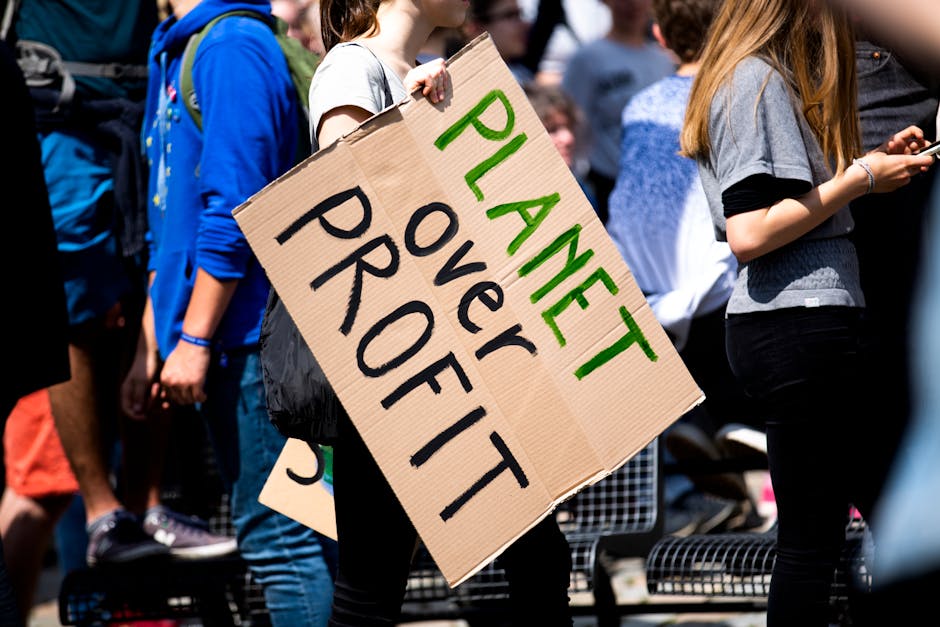Global warming has emerged as one of the most pressing environmental challenges of our time, threatening the very foundation of life on Earth. The relentless rise in global temperatures, primarily caused by human activities, is triggering catastrophic impacts on our planet, from melting polar ice caps to increasing the intensity of natural disasters. It is imperative that we understand the severity of this crisis and act swiftly to mitigate its devastating consequences.
The primary culprit behind global warming is the release of greenhouse gases, such as carbon dioxide and methane, into the atmosphere. These gases trap heat from the sun, leading to a gradual increase in global temperatures. The burning of fossil fuels for energy production, deforestation, and intensive agriculture are major contributors to greenhouse gas emissions.
The effects of global warming are already being felt around the world. Rising sea levels are threatening coastal communities, while melting glaciers and permafrost are altering entire ecosystems. Extreme weather events, such as hurricanes, heat waves, and droughts, are becoming more frequent and intense. These events are not only devastating for human lives and infrastructure but also pose significant risks to biodiversity and food security.
The long-term impacts of global warming are equally alarming. If left unchecked, it could lead to irreversible changes in our planet's climate, potentially rendering it uninhabitable for future generations. Rising temperatures could trigger catastrophic tipping points, such as the disintegration of the West Antarctic Ice Sheet, which would result in a massive rise in sea level.
Recognizing the urgency of the situation, the international community has come together to address the challenge of global warming. The Paris Agreement, adopted in 2015, sets ambitious targets to limit global temperature rise to well below 2 degrees Celsius, with efforts to pursue a more ambitious 1.5-degree target.
However, much more needs to be done. Governments, businesses, and individuals must work collectively to reduce greenhouse gas emissions, invest in renewable energy sources, and protect forests. Transitioning to a low-carbon economy will not only mitigate the effects of global warming but also create new economic opportunities and improve public health.
Individual actions can also make a significant difference. Reducing our carbon footprint by making sustainable choices in our daily lives, such as using public transportation, conserving energy, and adopting plant-based diets, can help reduce greenhouse gas emissions.
The threat of global warming is real and urgent. It is not too late to act, but time is running out. By working together, we can create a sustainable future for ourselves and for generations to come. Let us rise to the challenge and take bold steps to protect our planet and ensure a brighter future for all.

